

Busybird
Welcome to the Busybird blog, where you can find helpful articles, updates, industry news and more. Make sure you stay up to date by signing up to our newsletter below.
Part One: The Wednesday Intern
May 23, 2023The following is a recollection of the Wednesday Intern’s experiences. Most of this is true … or at least as true as it needs to be.
Day One
A warning to any future interns of Busybird Publishing: a thorough knowledge of 80s music is a necessity. It’s more important than publishing, or editing, or anything you’d expect to be useful to this job. (You know, the thing that you signed up for.)
The managing director – this guy called Les – is absolutely obsessed with it. I think he secretly has a shrine to Bon Jovi hidden under his desk somewhere, with leather fringes and Eau de Mullet lining the shelves.
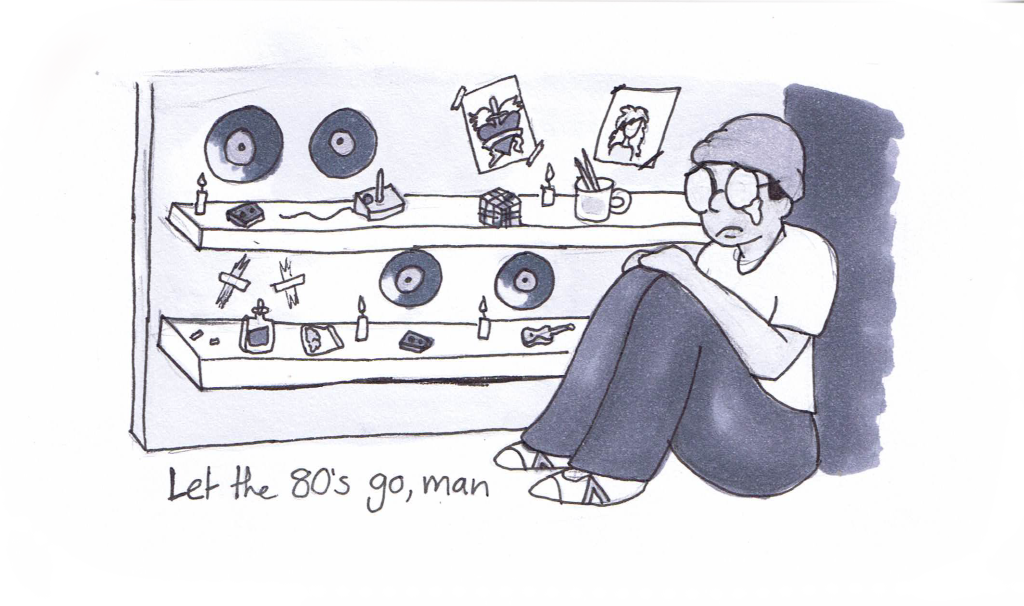
I’m probably going to be fired for writing that.
But seriously – half of the work is trying to guess who’s currently playing, and what year it was produced and if their blood type was O or AB. And it trips you up, especially if you’re in the middle of formatting. One minute you’re reading about a knight fighting a dragon, and the next the chapter you had highlighted is now missing.
Which so totally didn’t happen, Kev. I promise.
As another warning, save an untouched file of any manuscript before making any changes. You never know when you’ll need it.
Day Two
I learnt the hard way not to feed Oscar the Labrador.
Oscar is a sweetie. He’s the most handsome worker at Busybird Publishing, and deserves to know. And in doing so, I gave him a slice of devon. For those who don’t know, devon is a pink mystery meat made from off cuts of meat, animal intestines and probably hooves. Gross? A little. Delicious? Kind of. South Australians call it fritz. Calling it something like fritz helps you take your mind off what it’s made of.
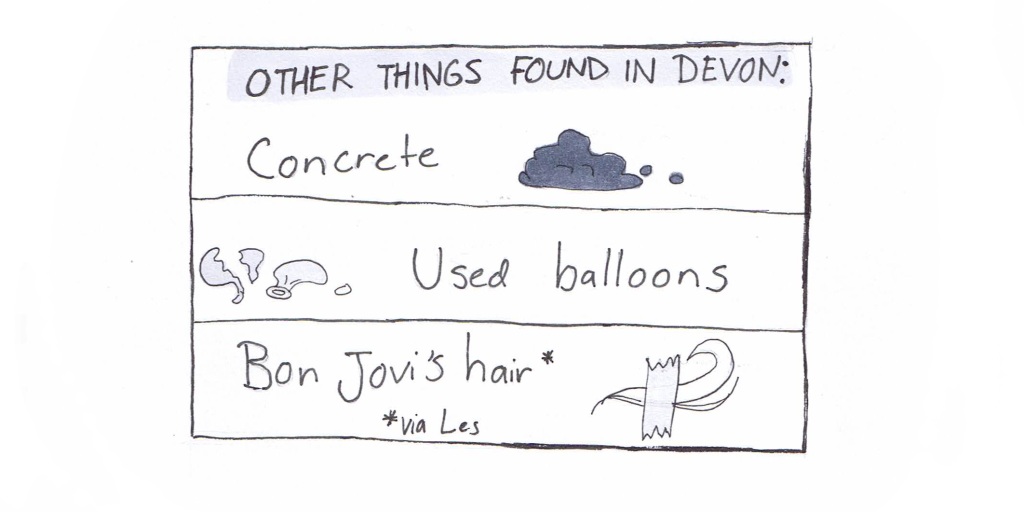
Anyway, I fed it to Oscar, and thought nothing of it. An hour later, I’m scanning some illustrations for a biography in Les’s office and Oscar came to sit at my feet. Not too long after, the air around me became flammable.
I side-eyed Les at first. Surely not? Then over the next two hours, any time Oscar brushed past me the same eye-watering stench reappeared. Kev and Les swore up and down that they couldn’t smell a thing – which means Oscar was doing it on purpose.
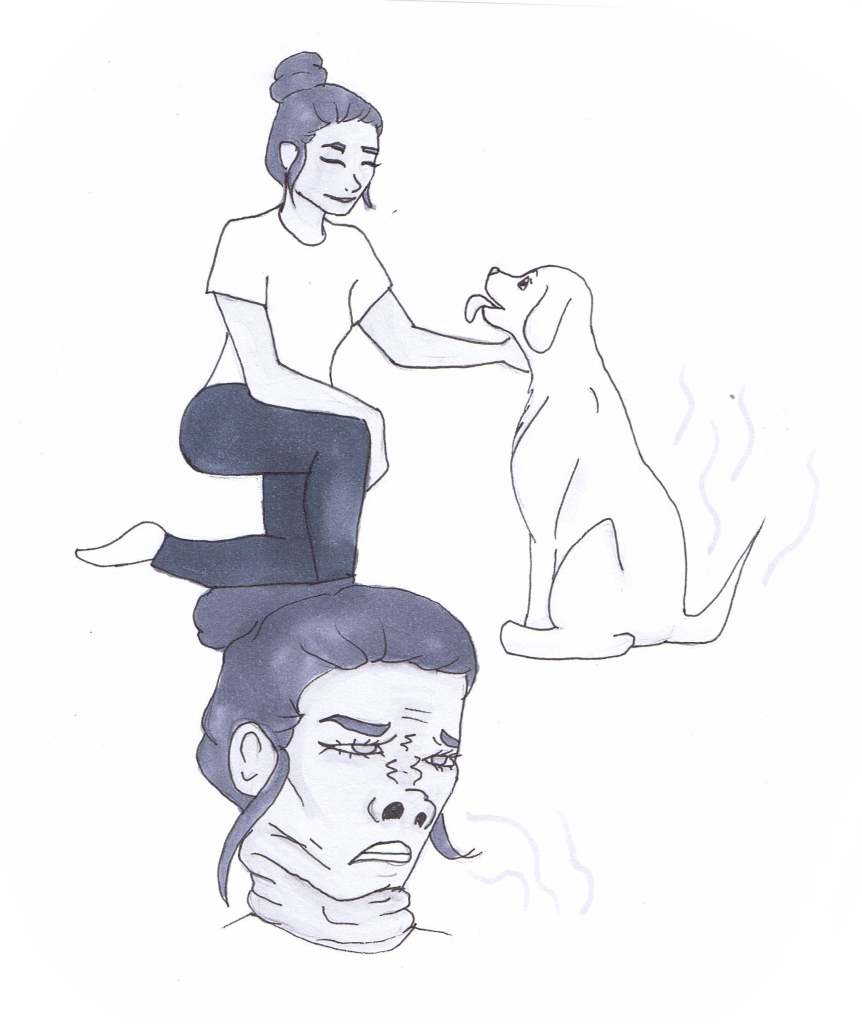
But I figured out a way to deal with it.
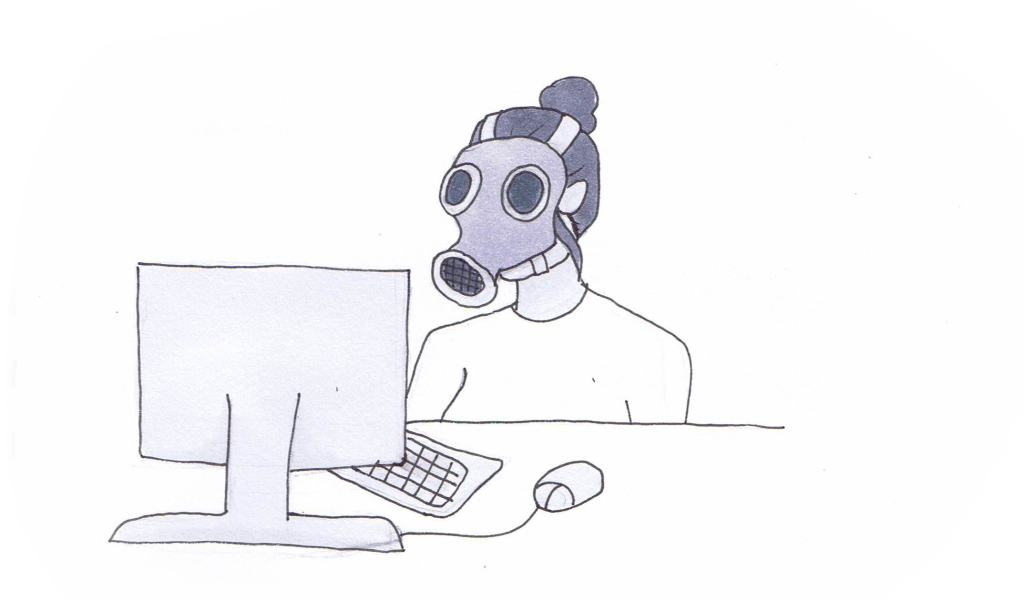
Quickly before I sign off, I finally knew an 80s song that played! I heard the opening bars of Bryan Adams’ Summer of ’69. I was so excited. I shouted it to Les, who replied in his usual upbeat, positive fashion.
“I don’t care.”
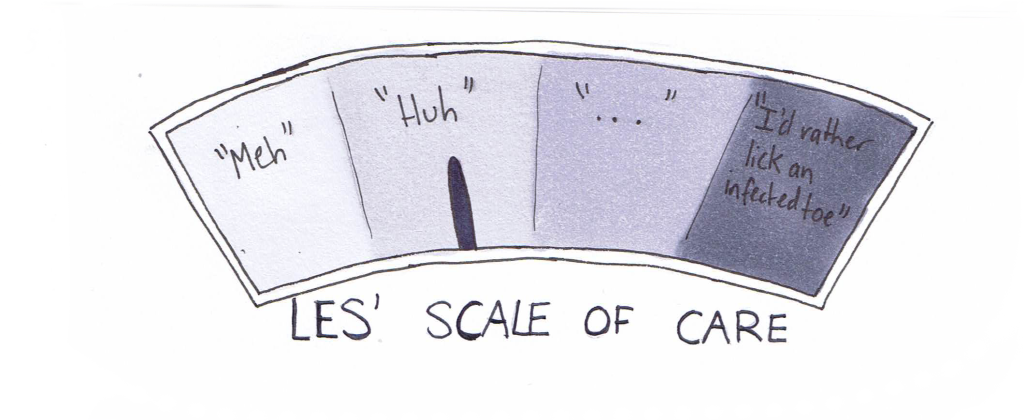
Day Three
Publishing isn’t always glamorous. Case in point – non fiction books. More specifically, encyclopedias. Long, long, medical encyclopedias. (No offense to encyclopedia afficionados.)
For the entire day, my job was to make tables and copy and paste information into them. Make table, copypastecopypastecopypastecopypaste. Six hours straight.
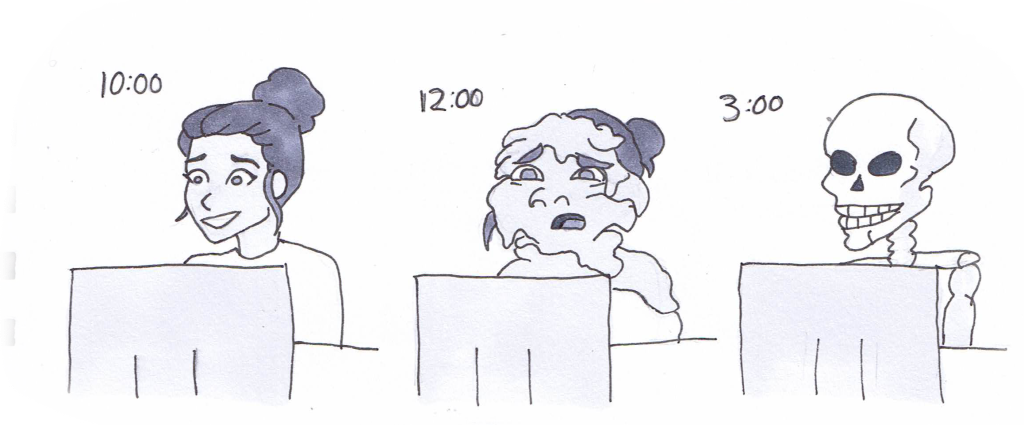
I want to make it clear that I’m not complaining. As an intern, it’s my job to do the busywork, the stuff that makes things easier for the actual workers. But it’s important to paint an entire picture. Publishing isn’t just getting paid to read books, pick bestsellers and rub shoulders with authors. A lot of the time you’re mashing your head on a keyboard because the formatting JUST. WON’T. WORK.
Just ask Kev and Les, and the indents in their foreheads.
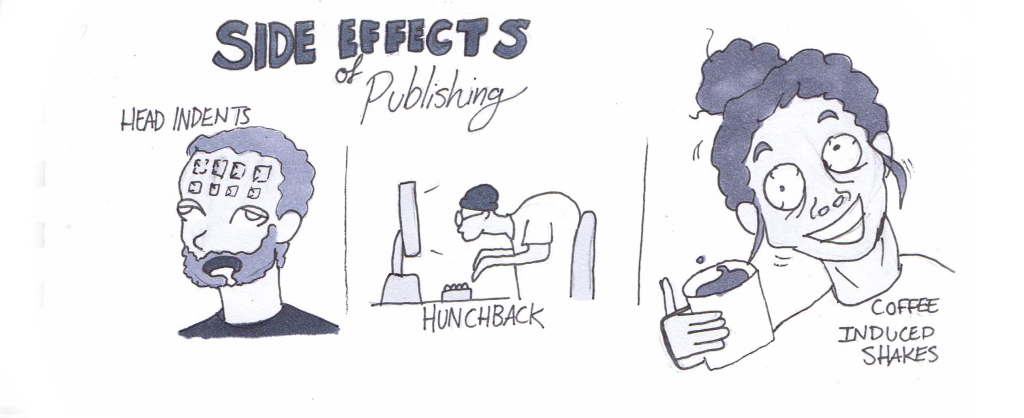
Day Four
I have a theory that Les and Kev are trying to eliminate their interns. (Allegedly – but why else would they have a literal skeleton in their basement?) First it was by Oscar’s gassing. Then it was the day of formatting. Today, it was by threat of falling and cracking my head open on the cement.
For Open Mic Night, the blackboard sign outside needed to be decorated. I put my hand up to do that – failing to remember the steep, rocky ledge that has absolutely no way of getting up besides climbing it. And I was wearing skinny jeans. But I got it done! I was quite proud of the result too.
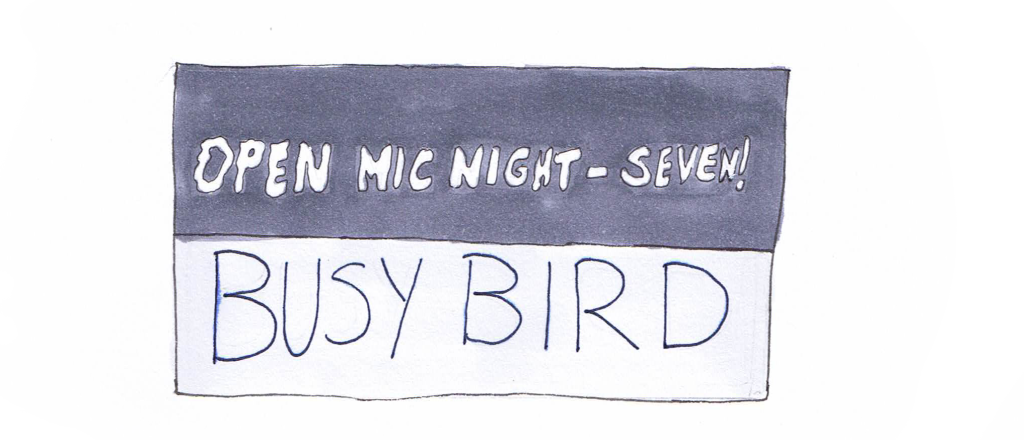
Then at 6:30 it rained. All the chalk washed off before anyone showed up.
Typical.
Carly Mitchell, Publishing Intern
Profile: Greensborough Historical Society
May 16, 2023Tell us a bit about yourself …
We are a local historical society with around ninety members.
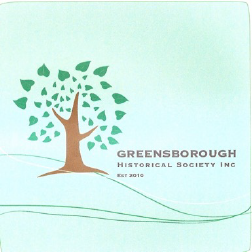
The Society’s aim is to collect, catalogue, preserve and share the history and heritage of the local area.
Although called ‘Greensborough Historical Society’, we also collect information on the surrounding areas: Watsonia, Macleod, Montmorency, Briar Hill, St Helena, Lower Plenty and Bundoora.
What draws you to writing and curating?
Over the past decade, we have identified gaps in the recorded history of the area, and have produced four books on the local area.
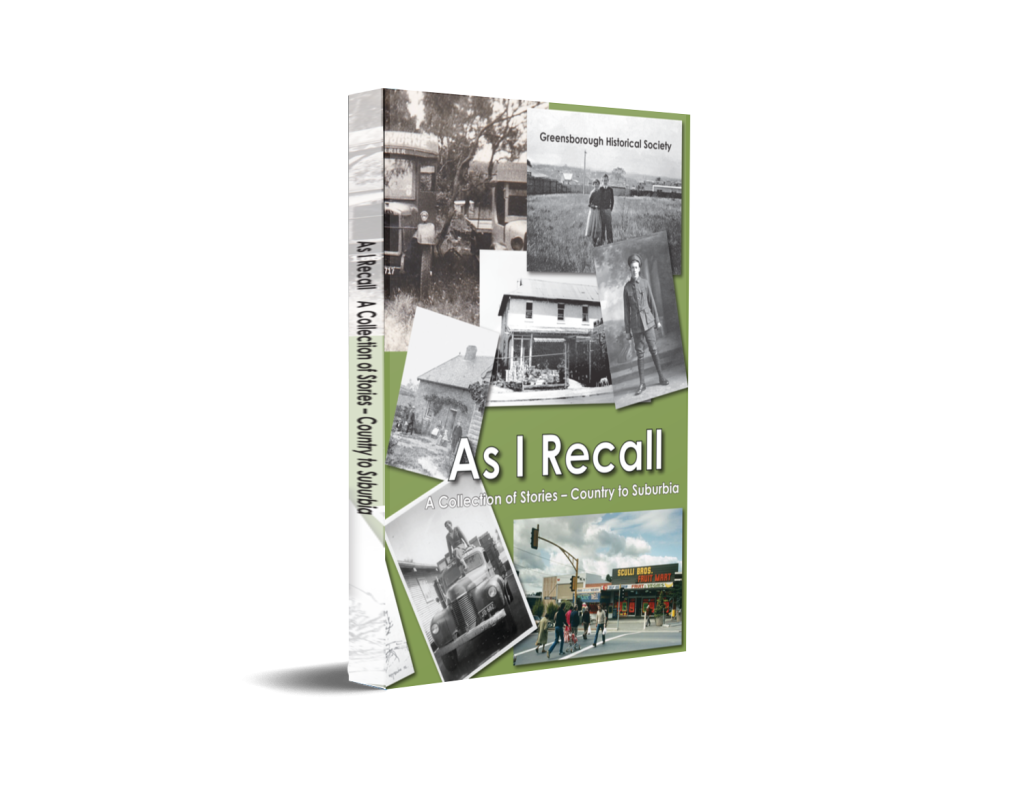
So, tell us about your books?
Our first two books – As I Recall and Do You Recall? – are personal stories of people who lived in the area in the mid-twentieth century.
Our third book, Early Days, is a history of Greensborough and St Helena.
Our latest book, Memories of the Shire of Diamond Valley (1964 – 1994), is another collection of personal stories by people involved in the local government area of the Shire of Diamond Valley, including councillors, council staff and community members.
Each of our books has been compiled or edited by a different Society member, but it’s a collaborative effort.
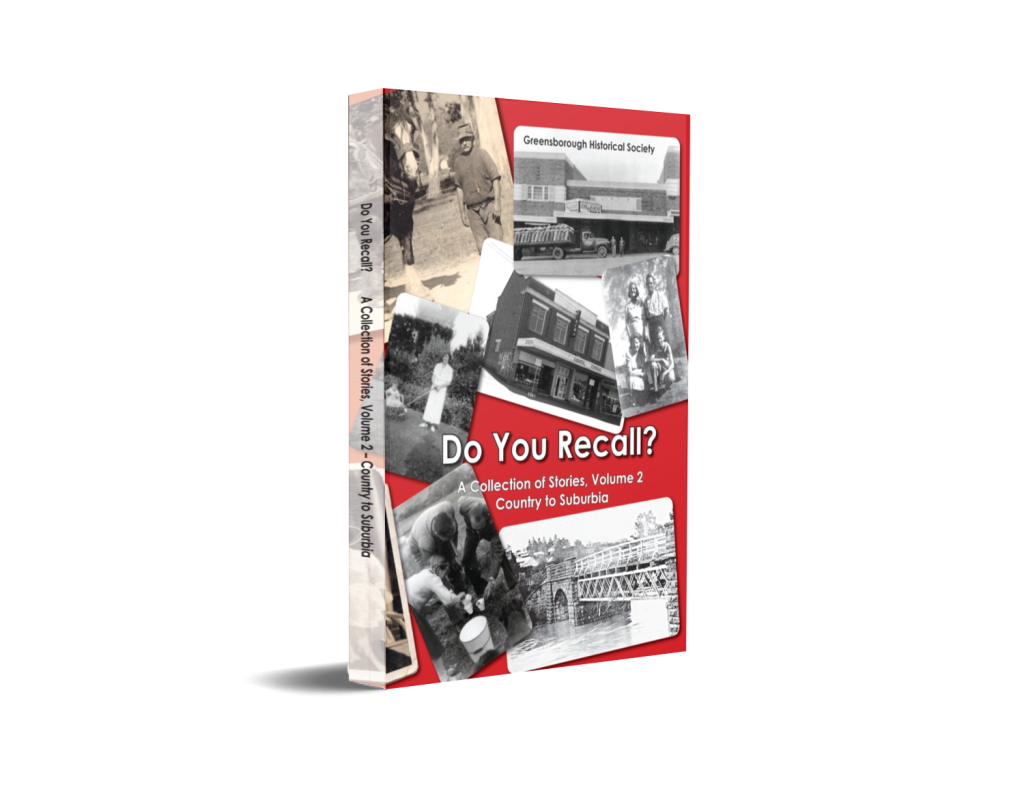
Where did the idea come from?
Our ideas for books come from individual interests in aspects of the local area.
What’s the story you’re trying to tell?
Our stories all have the same basis – preserving and sharing the history of the area.
And what do you hope your readers will draw from your writing?
We hope they draw an interest in the local area.
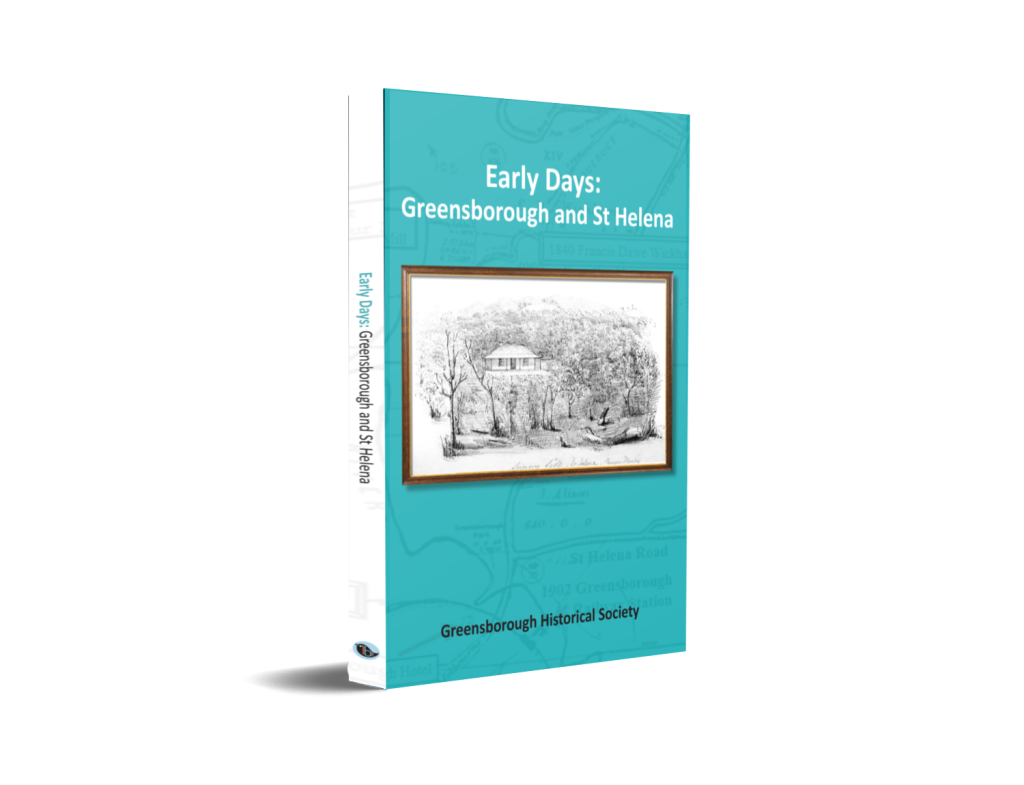
What’s your writing process?
Often we will begin by interviewing for our oral histories, or encouraging the subjects to write their own memoirs. Once we have enough for a book, the editing process begins.
Tell us one thing about your book, or your writing process, that nobody else knows.
As a group, we don’t always agree on the direction the book should take.
What are you working on next?
We are presently working on a small, two-part volume of self-guided walks around Lower Plenty, pointing out sites of historical interest.
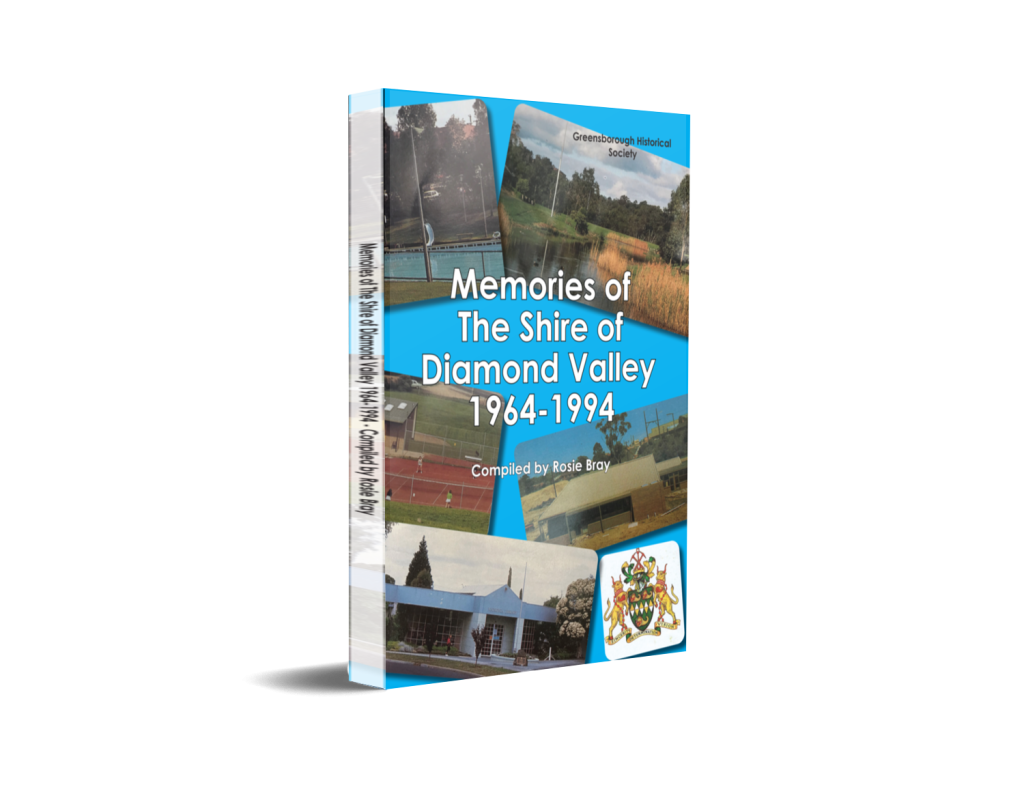
When readers talk about you as a group, what do you hope they’re saying?
That our books are interesting and fill a gap in what has previously been published.
Any advice for other writers?
Have a good idea about where you want your story to go. Don’t be thrown off track by others.
Finally, where can people get your books?
All of our books are available from Greensborough Historical Society via our website.
See items for sale: www.greensboroughhistorical.org.au/ForSale
Links
Greensborough Historical Society on Facebook www.facebook.com/profile.php?id=100077405451688
Profile: Allan Sicard
May 9, 2023Tell us a bit about yourself.
I am a husband to Kerrie, father to Kirk and Madeleine, and grandfather to Liam, Sylvia, Noah and Luca.
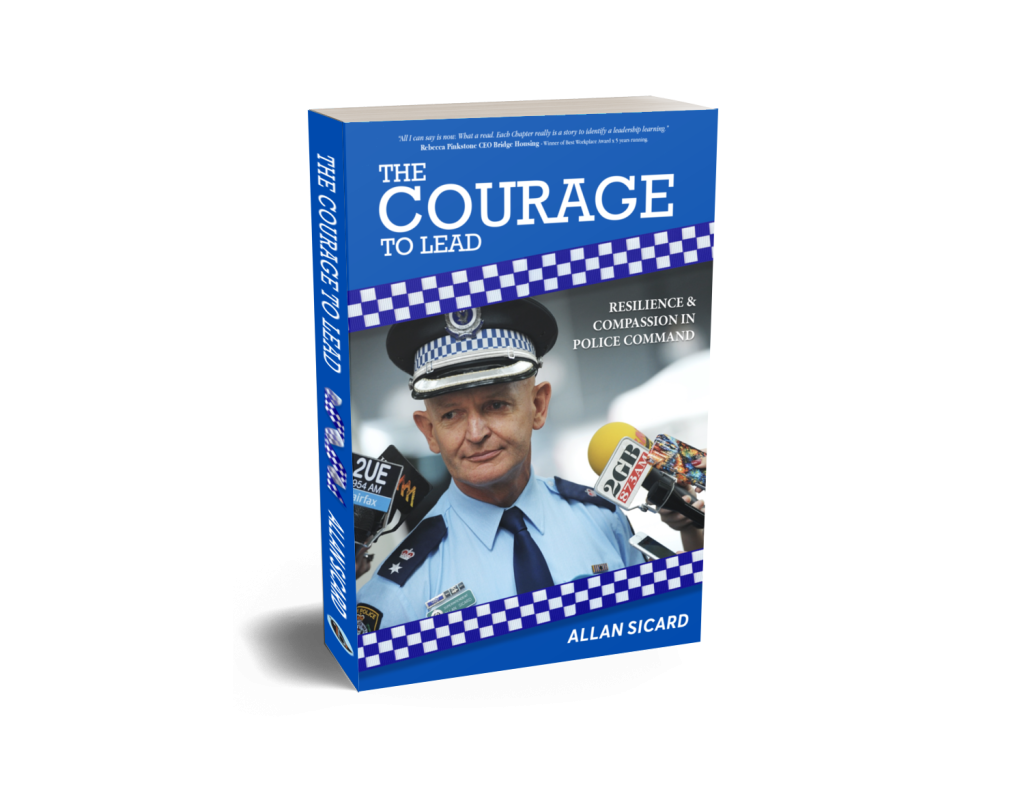
Since retiring, I spend my time enjoying life with family – including all the joy that being a grandparent brings. I have also taken up beekeeping, using the flow hive system, and am reputed in unbiased reviews to have the best-tasting honey ever.
I am the producer of the podcast The Courage to Lead Interview Series, where I interview a suite of leaders who epitomise the skills and attributes to empower others to create supportive and inclusive workplaces, environments and communities.
I am the Executive Director of 3R Consulting – the three Rs representing Resilience, Relationships and Reputation.
I am a speaker and a specialist in leadership, specifically in empowering others to lead and create supportive and inclusive workplaces, environments, and communities, so that everyone can do their absolute best.
I live in Sydney. The Courage to Lead is my first book.
I worked in the NSW Police Force for 40 years, from 1980 to 2020, with the last 15 years of that career as a police commander. In this time, I successfully led several planned and unplanned major events in the Sydney Metropolitan Region. These events and incidents included the Mosman Collar Bomb in 2011, and the Lindt Cafe Siege in 2014 (as a forward police commander during the first two hours).
Between 2013 and 2020, I led, coordinated, and facilitated a multi-agency response to homelessness by housing hundreds of people across the central and Northern Districts of Sydney.
What draws you to writing?
Not everyone is going to be a CEO, a Commissioner, or a Prime Minister. Most of us make up the leaders who fill the roles needed to help a smaller organisation.
My experiences as a Police Officer over a 40 year career have relevance to any leader who focuses on failing, self reflection, building strong connections, and empowering others to create supportive and inclusive workplaces where we can all thrive. Doesn’t everyone want to work in a place like that: where you’re valued?
So, tell us about your book?
In a world full of leaders who put their egos first, crave power and desire the spotlight, here is a story about someone who did exactly the opposite in the autocratic arena of policing.
This is a story about someone who empowered others to lead.
This is a story about a different kind of leadership – leadership where mistakes are made and learnt from.
Over a period of time, I created a workplace and a community where people do their best, because they know they are trusted; included; supported; and cared for.
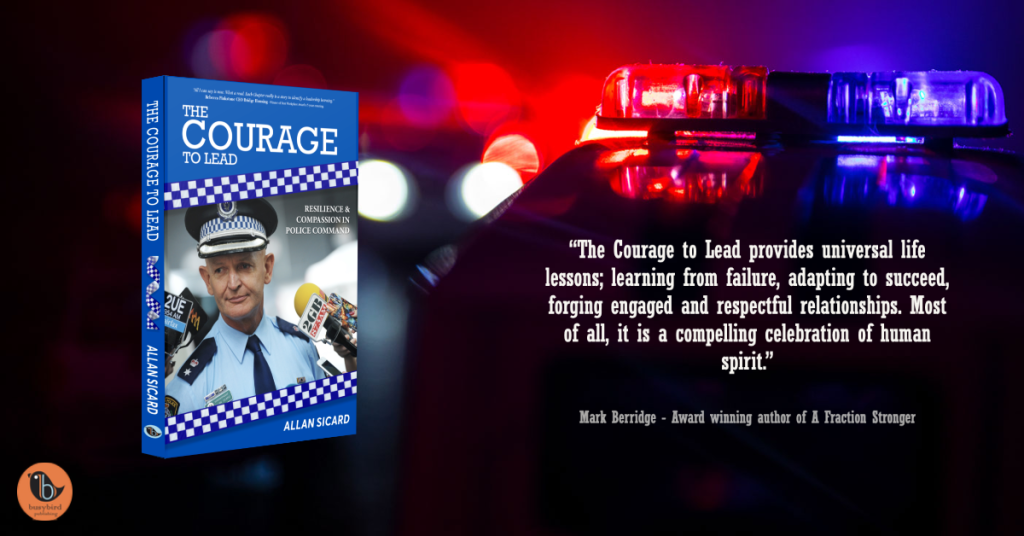
Where did the idea come from?
My leadership style worked, but it took a few years to learn what was required to make that happen. Essentially, I needed to empower others to do their best and support them. My wish is that others don’t take as long as I did, and learn from my story that there are many more possibilities available when you truly empower others to lead in a supportive and inclusive way.
What’s your writing process?
It took three years. My first two drafts were completed totally on my own, without any structure or plan – just an idea. After that, I went to Kelly Irving Expert Author Academy and learnt the structure, the ‘why’, and the ‘who’ the book is for.
The benefit of this was that I got to know other authors at various stages of their writing journey, and the community that was created allowed us all to learn from and support each other through the ups and downs of writing.
I wrote and edited best if I just aimed for 2-3 hour stints, 4 days a week. I always ensured that writing was enjoyable, and never a chore.
What are you working on next?
It may be a case study book based on my podcast The Courage to Lead Interview Series, where I summarise some of the best interviews.
When readers talk about you as an author, what do you hope they’re saying?
Quotes about Allan Sicard supplied to Busybird:
‘Allan Sicard invites us into a deeply personal journey of growth, as he navigates his way from Police Cadet to Commander. He shares his setbacks and challenges, showing us how these forged the caring, committed and courageous leader he became. Allan reflects that when we feel supported we can make it through almost any challenge, and has delivered a candid memoir that will foster courageous leadership for years to come.’
‘Allan’s role as a leader and as a mentor to those around him is an example to all, not just the challenges but the professional rewards of having the courage to lead.’
‘A fascinating and insightful read that peels back the curtain on a lifetime in uniform protecting the community.’
Any advice for other writers?
Having support of other writers was a godsend, and having a structure to work with made the difference.
Links:
Website: allansicard.com/the-book
LinkedIn: http://linkedin.com/in/allan-sicard-6a5740142
Instagram: allan_sicard
Profile: Jake Triulcio
April 26, 2023Tell us a bit about yourself.
My name is Jake Triulcio, and I’m a fantasy fiction writer. Whenever I’m not writing my books I go for walks or play video games.
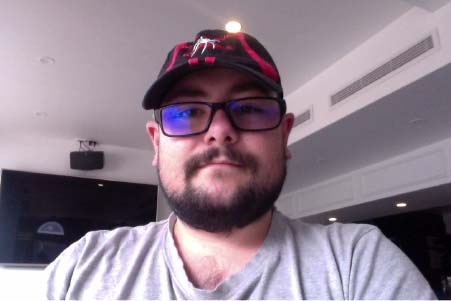
What draws you to writing?
It started out as a hobby, writing a random book. Eventually I found it was something I liked to do and wanted to turn it into a career. I would love to create fantastic worlds like I see in video games, anime and movies. That’s what really draws me to write.
So tell us about your book?
The Knight Dark Era Volume One is about a kingdom that was once plunged into a dark era one hundred years ago.
Word goes around about the resurrection of that era and the result of the resurrection will be decided by one adventurer.
The story starts off about a young man named Ghost, who wants to become an adventurer, and travel to the kingdom of Jalvan. Along with him is an immortal wizard who goes by the name Ore, who watches over him while keeping a secret about himself and Ghost.
Where did the idea come from?
The idea came to me from remembering an old game I used to play.
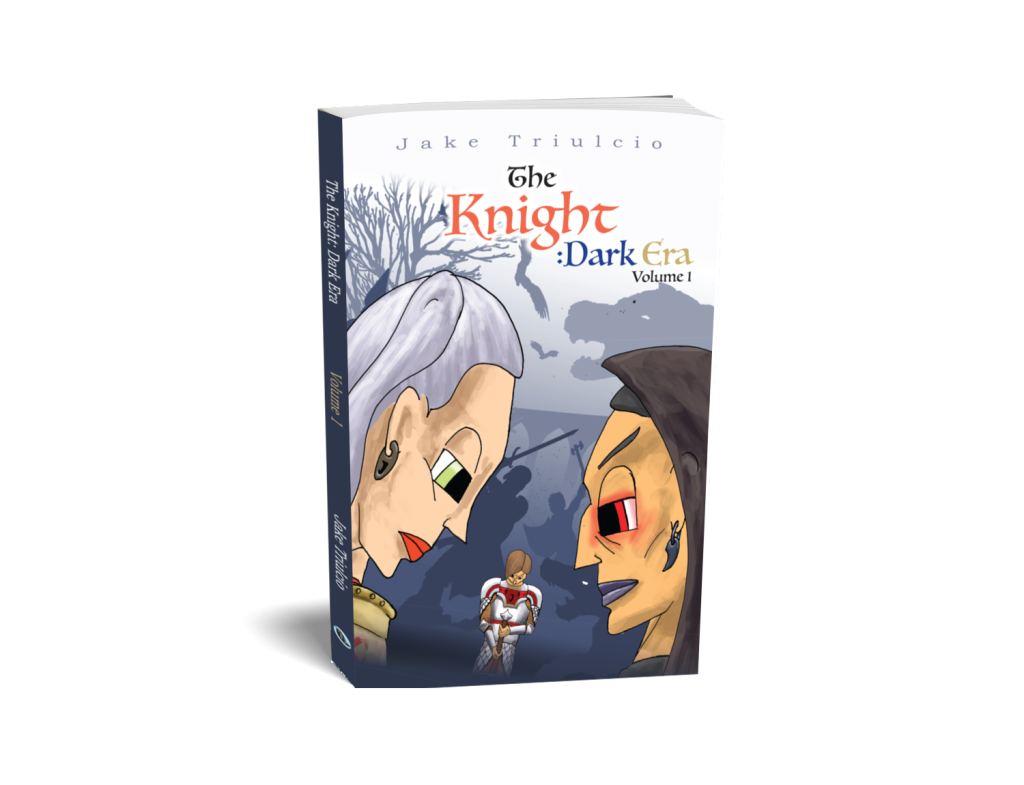
What’s the story you’re trying to tell?
I’m trying to tell a story of a young man going off to Jalvan city and becoming an adventurer.
Traveling with him is someone he sees as a trusting friend, though his friend is keeping something from him.
Along with that is the drama that would ensue in the kingdom.
And what do you hope your readers draw from your writing?
What I hope for is my readers will enjoy what I write down. Be drawn in by the characters and what secrets they and my world hold.
What’s your writing process?
Sometimes I write whatever comes to mind, but I do try and build a road map on my storyboard.
Constructing some key details like which character would tell the story from their point of view in each chapter, and split scenes in some chapters if I need to.
Tell us one thing about your book, or your writing process, that nobody else knows.
It’s a medieval fantasy novella, written like a manuscript.
What are you working on next?
I’m currently writing the second volume of this story.
When readers talk about you as an author, what do you hope they’re saying?
I hope they speak about what they enjoy from my book, along with any errors on my book that would help me change things and make them better for the second volume.
Any advice for other writers?
Write what comes to mind, or what gives you inspiration. See where it would lead.
Finally, do you want to promote your book (where people can buy it) or any events where you might be featuring?
My book is on Amazon. Also you can contact me directly from Facebook.
Profile: Kaye Spence
April 18, 2023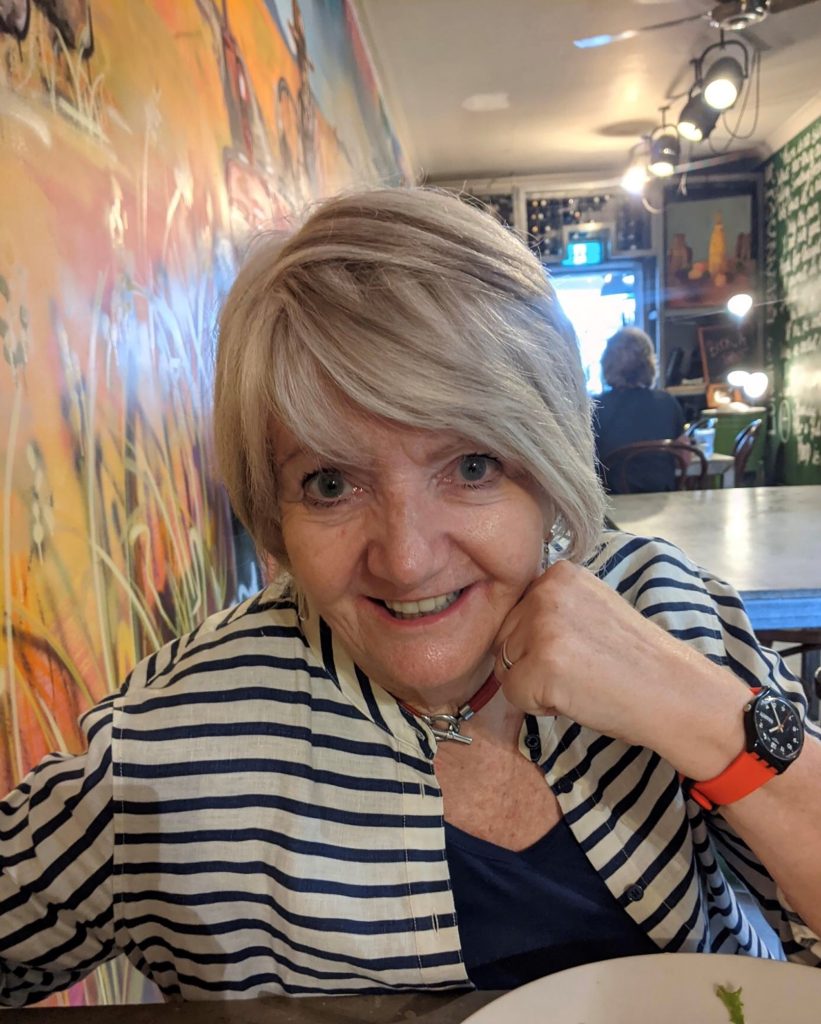
Tell us a bit about yourself.
I am Kathryn Kaye Spence and I am known as Kaye. My career was as a neonatal nurse and I work at the Children’s Hospital at Westmead in Sydney. I have worked there for nearly 40 years and have just retired to concentrate on creative writing.
I had a successful career and received an Order of Australia (AM) for my contributions to the specialty, education, and professional organisations.
I love to travel and have travelled to most continents except South America. I have spent considerable time in London, Cyprus, and Paris.
I am married to a philosopher, and we live in Newtown, Sydney.
What draws you to writing?
I love the idea of creating ideas and sharing these with potential readers. I feel as though I have something to say. I find it rewarding to see my ideas come to life on the page.
I have many professional publications in journals; these are mostly science based.
What I like about creative writing is the exploration of ideas, the creation of characters, and getting a message across.
So tell us about your book?
I have written two books that are vastly different.
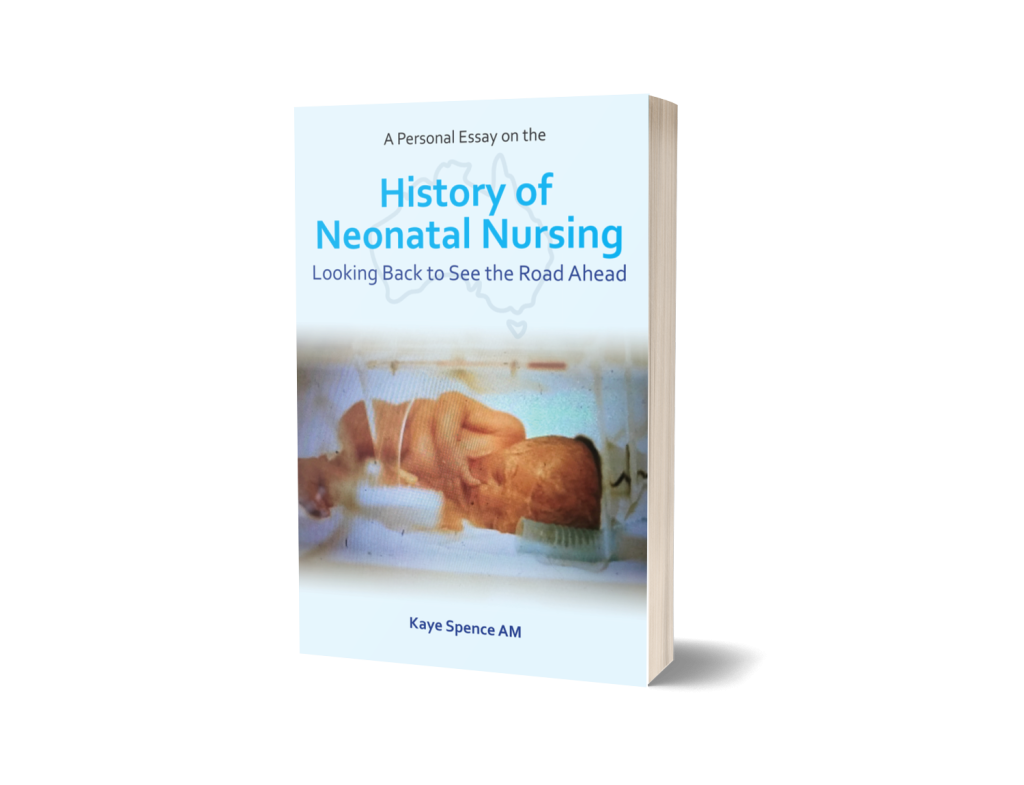
In the first book – A Personal History of Neonatal Nursing – I was encouraged to write this by two nurses who are relatively new to neonatal nursing and Australia.
I was talking to them about the history, and they were not aware of the developments in the care of sick newborn babies but also how nurses became empowered to champion the course of science and development.
I was planning to retire in a year or so and saw this as an opportunity to leave a legacy of my experience in living and being part of the history.
I surprised myself when I sat and wrote the book from my reflection of the history supplemented by a few scratchy notes.
It took me about six months. I chose to use photographs throughout so I could acknowledge certain people.
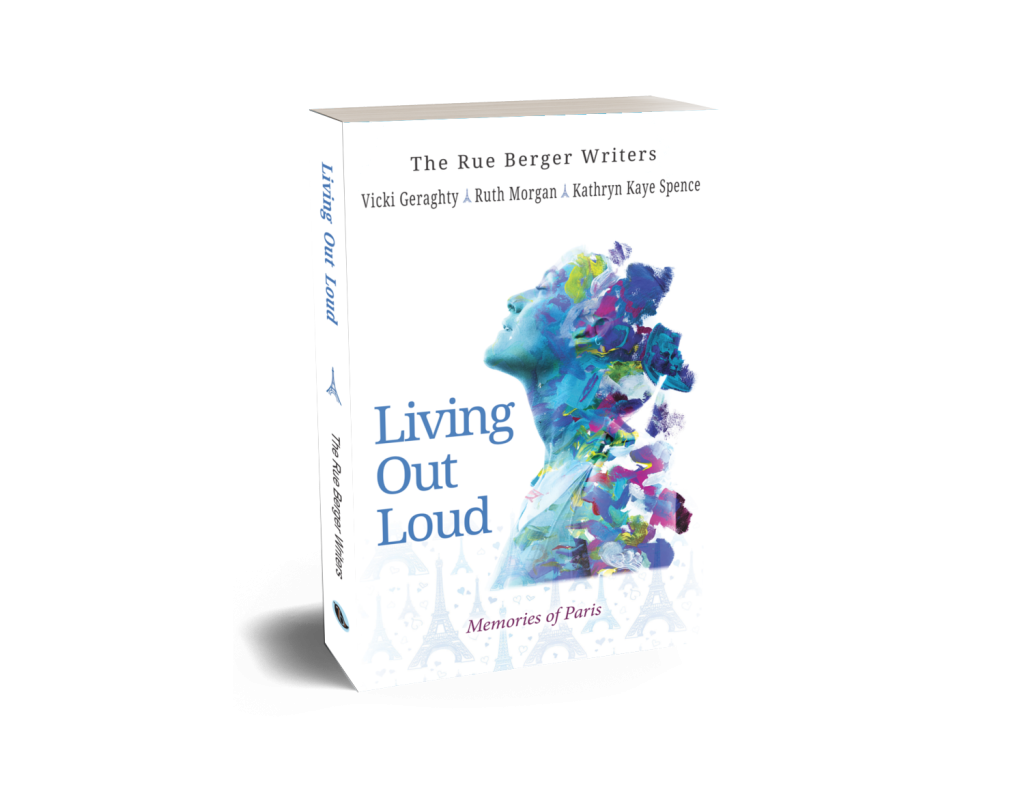
The second book, Living Out Loud, I wrote with two other women whom I met in Paris at a memoir writing workshop. Vicki Geraghty, Ruth Morgan, and I became the Rue Berger Writers – this was the street in Paris of the apartment hotel where we stayed during the course. This is an epistolary memoir of our time in Paris and other life events.
Following questions will be in reference to Living out Loud.
Where did the idea come from?
The idea came from the pandemic!
When we returned to Australia from Paris our intention was to return to France the following year (2000).
However, the pandemic put a stop to that.
We started to write to each other, sharing memories of Paris and travel. This rolled on to memories of our lives, childhood, relationships, friendships, personal stories, and travel.
We used many references to literature throughout and included a bibliography in the final book.
The genre of the memoir was not originally our intention and the epistolary memoir of using letters had an appeal as we could all combine our memoirs so to speak.
What’s the story you’re trying to tell?
We wanted to tell a story of friendship that develops between strangers. As we were all women of a similar age and ideas, we found we had a lot in common but at the same time, we were very different women. We also wanted to show the power of the pen or the written word.
And what do you hope your readers draw from your writing?
We would like to think that other women or men could be inspired by our book to seek out their ambitions and take a risk and go to Paris, or anywhere and fulfill a dream.
We also hope the readers appreciate friendship and how that can develop from writing and sharing stories and ideas.
What’s your writing process?
We had a unique process as we were three authors who didn’t really know each other when we started. We also had different writing styles.
We decided to just write our letters naturally and not try to conform to a particular style. We each wrote when we felt like we had something to say. Often, this was in response to one of the letters one of us had written.
When we felt we had finished (although it never really finishes) I took on the role of putting them in sequence and then we all sat and agreed – of course we had to make sure there was consistency and the content flowed. Now that was a challenge.
We got together twice in person to work on this. We chose Canberra as it was a central location for the three of us. It was not Paris, but the warmth and friendship remained.
We selected about 20 photographs to include in the book – we wanted the readers to get a feel of Paris and share with us our stories. We all agreed on this – luckily as it did add to the overall expense of the final publication.
When we had a reasonable draft (version 6 or 7!) we sent it to a couple of beta readers (this was through AJ Collins in Melbourne). Their reports were so helpful and encouraging. There were some criticisms that we took on board. One of the most encouraging statements was, ‘If this was under my Christmas tree I would be delighted.’ This was a very encouraging response as this was where we saw the market.
We then sent it to a professional editor. This was essential as she picked up details we had missed and advised us on the use of foreign words and terminology. She kept the uniqueness of the writing style of each author which we wanted.
All of us had done various writing courses and we were aware of the challenges of getting our work published. We decided to go with an Independent publisher as we wanted to get it out as soon as possible as we felt the content was timely.
We chose Busybird Publishing as I had worked with them on my previous book. I found them on the web after a thorough search of many and they appeared to have a strength and personal approach which is what I wanted.
Living Out Loud was finally published in December 2022. The process was were excellent as we were constantly receiving useful feedback.
For three authors our biggest challenge came on deciding on the graphics for the cover – we had different ideas but knew we wanted a white background and spine. We had crawled through bookshops looking at what stood out on the shelves.
So white it was.
Tell us one thing about your book, or your writing process, that nobody else knows.
Sending letters to each other kept the motivation going for all of us as we waited for each other’s letters every few weeks.
What are you working on next?
We want to keep the Rue Berger Writers going and hopefully build a name amongst readers. We are looking at writing about particular topics or themes and each author will put their own unique interpretation on the topic. We think (but who knows?) we may have another book from Paris, or London, or Rome?

When readers talk about you as an author, what do you hope they’re saying?
The Rue Berger Writers manage to have creative magic, three very different women who managed to create a seamless whole from their letters to each other. Their voices are distinctive, but always part of the combined work. Their journeys are separate but they connect and cross over and enrich each other’s path.
Any advice for other writers?
When you have an idea stick with it. If you are writing as a two or three be sure you all know where you want your story to go. Have fun as this is what shows in the writing, we believe.
Where can we get your book?
Our book was launched at Better Read Than Dead bookstore in Newtown, Sydney. It is available there and at some other stores.
However, primarily it is available in both print and e-book on Amazon etc.
Links:
https://www.facebook.com/kaye.spence.77/
https://www.facebook.com/vicki.geraghty.37
https://www.facebook.com/ruth.c.morgan.7
https://www.instagram.com/kathryn_kaye/
https://www.instagram.com/vickigeraghty/
https://www.instagram.com/landingpoints/
